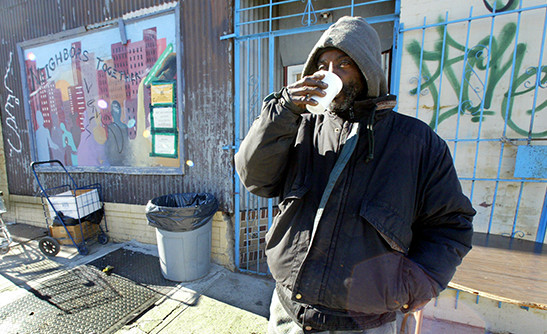Want to reduce poverty? Reduce welfare.
Listen To You Tell Me Texas Friday 7/24/15
Download
If one does not have the means to provide for oneself, there are two ways to address the problem. The traditional way is to do something upon which another person freely places economic value. This is called ‘work’ and it ranges from sweeping floors to neurosurgery.
To pay one’s way one can render a service or do a job – the completion of which is worth money to someone else.
Learn to do something that not very many people can do and it’s worth more money. That’s called education.
Education comes in many forms. One of them is called experience. Invest the time to get good at doing something and people will pay you more to do it. We’ve all heard anecdotes of the tradesman who works on houses earning more in a year than the physician in whose house he is working.
All of this is called ‘work’ and it is by far the best economic model for reliably having the money to meet one’s basic needs and to afford luxuries. For most of our history, with only limited exception, it was the only practical way.
Then came the Great Depression and the New Deal and the idea of the government providing for basic needs. Then came the 1960s and the Great Society and the massive expansion of what we now call – lamentably – the ‘welfare state.’
Widespread dependence on government welfare payments is a relatively new economic model. Meant as a “leg up,” welfare has for millions of Americans become a career choice. In order to receive public benefits, one doesn’t have to demonstrate a physical or mental inability to work. Simple unwillingness is sufficient.
This is not to indict those who have lost jobs to a weak economy or some other factor beyond their control and now must count on entitlements while they figure out a new way to get by. It is an indictment of those who, by failing to stay in school, by failing to acquire any marketable skill, by failing to behave in a way that an employer would find acceptable and by ultimately failing to assume personal responsibility for their own lives, have – all historic injustices notwithstanding – made a choice to live at the expense of those of us who work and pay taxes.
These failures should come at a price. That they don’t has led to millions of people in the richest country in the world living in grinding, hopeless inescapable poverty.
If Democrats truly cared about the poor, as they never cease reminding us that they do, they’d be for less welfare not more. Our welfare system, to an unacceptable degree, serves to mitigate the consequences of bad behavior – such as dropping out of school and becoming unemployable. Mitigate the negative consequences of something and you get more of it. It’s human nature.
Therefore in 2015 in America, to reduce poverty, you start by reducing welfare.
Rather than ineffectually pandering, the bold thing for a Republican to do is to make that case.









I just had an epiphany! The reason the Liberal Left Democrats voted for Joe Biden is because they knew, without…
All of the democratic run cities continue to set themselves up for failure. I used to think "they will learn…
I doubt it ever will get fixed thanks to soft, touchy feely parents, (usually just one) and the government (AKA…
P.T. Barnum, the great American entertainment entrepreneur once said, "Once people stop buying tickets, they don't stop". This saying can…
One thing keeps coming to mind... When taxes become so high that people can not afford to live there and…